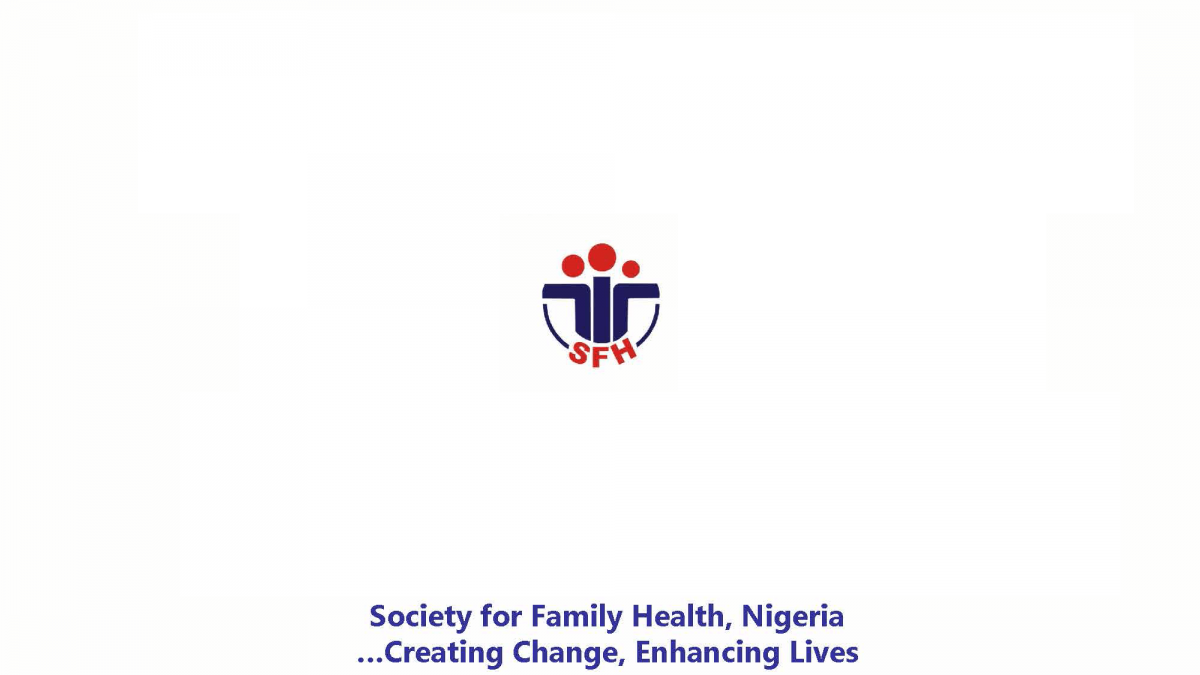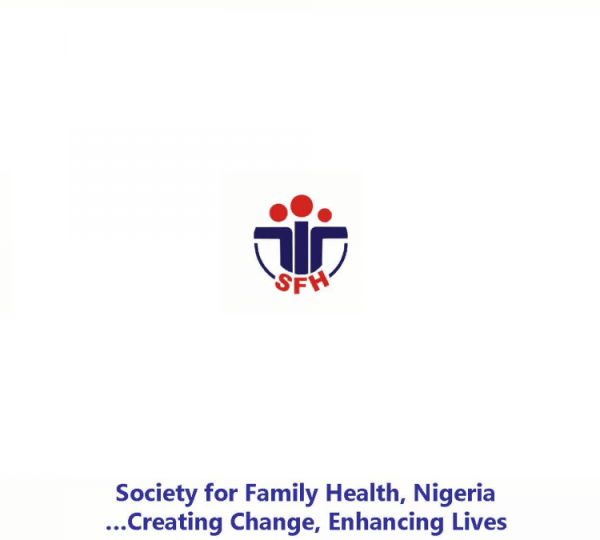2020
Assessment of the level of knowledge, awareness and management of hypertension and diabetes among adults in Imo and Kaduna states, Nigeria: a cross-sectional study
Jennifer Anyanti1, Selema Margaret Akuiyibo2, Oluwole Fajemisin1, Omokhudu Idogho1, Babatunde Amoo1
Correspondence to Dr Selema Margaret Akuiyibo; selema.akuiyibo@gmail.com
Click here to read the full article
Abstract
Objectives This study was designed to assess levels of awareness, knowledge, attitude and practices relating to hypertension and diabetes among adults aged 35 years resident in selected communities in Imo and Kaduna states, Nigeria.
Design A descriptive cross-sectional study.
Setting Selected communities across 14 local government areas in Imo and Kaduna states were included.
Participants In total, 824 adults, aged 35 years or older and resident in selected communities where the Access-N project was being implemented in Imo and Kaduna states participated in the study.
Primary and secondary outcome measures The study assessed the level of hypertension and diabetes knowledge among the participants. Regular blood pressure (BP) and glucose screening practices were also examined as outcome measures.
Results The mean age of the respondents was 48.32 years. In total, 778 (94.4%) and 746 (90.5%) of the respondents were aware of hypertension and diabetes, respectively. The mean hypertension and diabetes knowledge scores (±SD) were 4.99 (±1.99) and 8.02 (±2.61), respectively. A total of 326 (41.9%) respondents aware of hypertension had a good knowledge of hypertension while 477 (63.9%) of those aware of diabetes had a good knowledge of diabetes. Levels of hypertension and diabetes knowledge were found to be associated with physical activity and the level of education of the respondents. About two-thirds (62.6%) and less than half (41.5%) of the respondents, respectively check their BP and blood glucose (BG) levels regularly (at least once yearly). Statistically significant associations were observed between age and regular BP and BG level checks.
Conclusions Despite the high awareness rate of hypertension and diabetes observed in this study and a relatively good knowledge about the two conditions, unhealthy lifestyle practices and non-regular routine screening abounds among the respondents. Thus, there is a need to improve access to quality information about hypertension and diabetes aimed at motivating adoption of healthy behaviours.
A Multi-country Level Comparison of BCG Vaccination Policy and COVID-19 Cases and Mortality.
Katbi M, Adeoye O, Adedoyin A, Adegboye A, Faturiyele I, et al. (2020) A Multicountry Level Comparison of BCG Vaccination Policy and COVID-19 Cases and Mortality. J Infect Dis Epidemiol 6:131.
Click here to read the full article
ABSTRACT: Background: Globally, the COVID-19 pandemic has resulted in immeasurable disruptions in countries activities. Since the first reported case in December 2019, an estimated 140,000 people have died, with a case fatality rate of about 3%. The increasing rate of new cases and the evolving epidemiology of the COVID-19 virus means that the global health community is grappling to understand the current situation. The aim of this paper is to determine if the Bacilli Calmette-Guerin (BCG) vaccine used to protect against childhood tuberculosis in TB endemic countries provides a protective effect against the SARS-COV-2 virus.
Methods: A cross-sectional study to establish the relationship between BCG vaccination policy and COVID-19 infection in 178 countries. Information on the BCG policies of 178 countries and COVID-19 were extracted from the BCG world atlas and the World Health Organization COVID-19 situation report of April 7, 2020. Chi square tests were used to determine statistical significance. Spearman’s rank-order correlation was used to determine if a relationship exist between BCG policy and COVID-19 cases and deaths in 178 countries.
Results: There is a strong correlation between BCG vaccination and incidence of COVID-19 cases. Two countries who had no BCG vaccination policy had over 100,000 confirmed cases and higher case fatalities. Chi square statistics showed a significant difference in COVD-19 related death between country with BCG vaccination policy and those without it; including those who had in the past but not anymore, (?2 = 122.264, df 12, p < 0.0005). Spearman rank-order correlation shows statistically significant, strong negative correlation between countries BCG vaccination policy and confirmed COVID-19 cases and death (BCG policy and confirmed cases – correlation coefficient -0.427, p < 0.0005), BCG policy and COVID-19 related death – correlation coefficient -0.374, p < 0.0005).
Conclusion: We conclude that countries with robust BCG vaccination policy had lower case fatality of COVID-19 however further studies will be needed to determine the level of protection offered by the BCG vaccination against the SARS-COV-2 virus.


